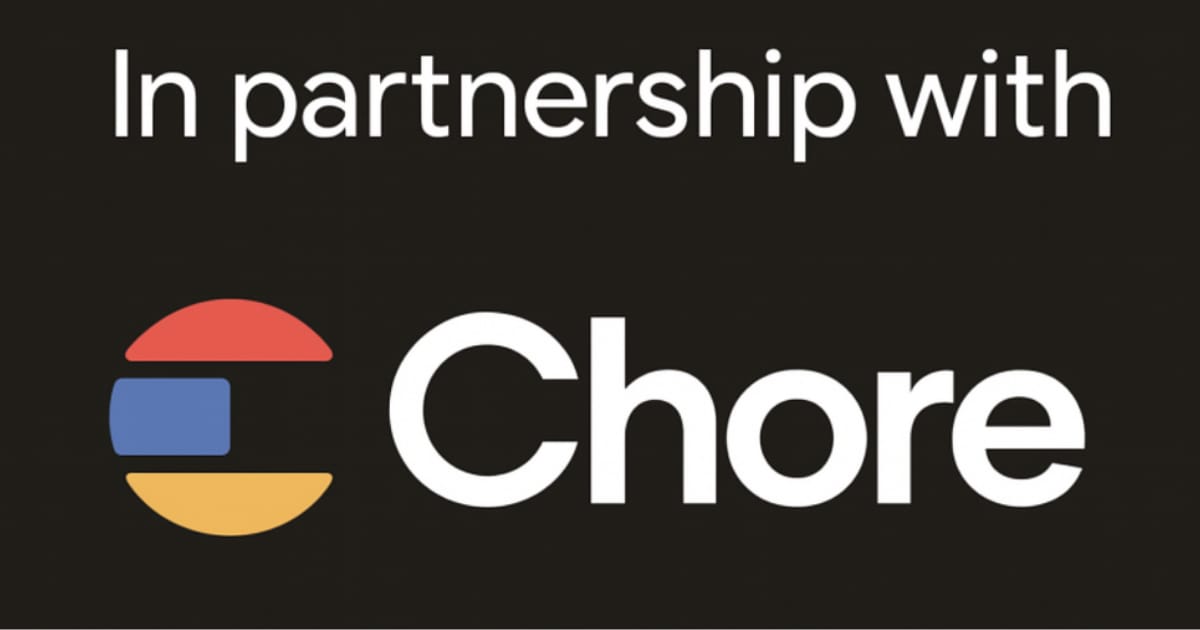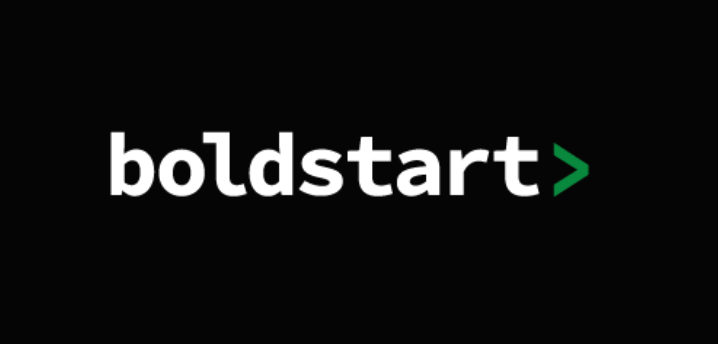- EverythingStartups Newsletter
- Posts
- EverythingStartups Weekly
EverythingStartups Weekly
Be a startup & VC insider in less than 5 minutes a week.

Welcome to all the new visionaries here who signed up last week!
Let’s get into this week’s edition on what’s happening in startup & VC world & the main highlights.
But first, check out these resources:
Cheers,
Ivelina
PS: Liking this? Share this newsletter with your inner circle.
Important News 🟣
Nvidia briefly surpassed a $4 trillion market cap for the first time, becoming the world’s most valuable company. Despite export curbs, geopolitical tensions, and $8 billion in lost China sales, demand for AI chips continues to soar.
Perplexity launches Comet, an AI-powered web browser with built-in search and a virtual assistant that navigates, summarizes, and automates tasks. This is part of its broader strategy to compete directly with Google by owning the browsing experience.
Andreessen Horowitz relocates its corporate headquarters from Delaware to Nevada, citing legal uncertainty and perceived bias against tech founders. They are joining a wave of companies like Tesla and Dropbox exiting the state after controversial court rulings.
Linda Yaccarino steps down as CEO of X after helping revive its ad business, with U.S. ad spending up 62% year-over-year. The platform still faces legal battles, brand safety concerns, and ongoing volatility under Elon Musk’s leadership.
OpenAI is set to launch its own AI-powered web browser built on Chromium, aiming to rival Google Chrome by integrating chat, AI agents, and on-device automation as part of a broader push to capture user behavior data and expand its consumer footprint.
Jack Dorsey launches Bitchat, a decentralized messaging app that runs entirely on Bluetooth mesh networks with no internet, servers, or phone numbers. This enables encrypted, ephemeral chats designed for off-grid, censorship-resistant communication.
Estonian VC firm Darkstar breaks ranks by backing pure defense tech startups emerging from Ukraine’s front lines, raising a €15 million fund to invest in autonomous systems, drone warfare, and cyber tools without requiring civilian applications.
Replit partners with Microsoft to offer its app-building platform through Azure Marketplace, integrating with Microsoft’s cloud tools and targeting non-coders and business users. The move is seen as a blow to Google Cloud, Replit’s longtime hosting partner.
Interesting Links 🟣
The VC barbell isn’t just about fund size, it’s about engagement. Angular Ventures makes the case that true alpha lies at the extremes: either scale like YC or go deep like a lead investor who’s the founder’s first and last call. The middle? It’s not where outperformance lives.
Fund Launch Partners is deploying $20M into emerging fund managers. They will be backing new GPs with checks from $250K to $5M, taking a small stake in return and betting on the manager as much as the strategy.
Vibe coding is real, and Lenny’s latest roundup proves it. From personalized baby trackers to inbox tools that fight email overload, here are 50+ clever AI-built tools regular people are using every day.
From founder to VC and loving it. Jack Altman shares why the shift felt right, and invites other operators curious about making the leap to First Round and Alt Cap’s Builder to Backer Evening, a conversation with Bill Trenchard about going from building to investing.
Want to break into venture? This step-by-step guide from Everything Startups maps the path from cold outreach to invite-only scout programs. It shares plenty of tips on sector focus, credibility, and building long-term trust in the VC world.
Money or dreams? This viral essay unpacks the tension founders feel between chasing fast cash and building something timeless, and why the best answer might be both. A must-read if you're torn between shipping now and thinking long.
Most VCs say they invest early but are they really? In this LinkedIn post, Lema Hasan breaks down why pre-seed founders get ghosted and why real early-stage investing means writing checks before it makes sense (and she’s writing checks).
How to stay valuable in an AI world. 80,000 Hours breaks down the six skill sets that automation is most likely to boost (from leadership and strategy to hands-on government work) and why learning to direct AI might be your best job security plan.
🎙️ 18 Ways VCs Source Startups
How do startups actually get discovered by VCs? There's many ways, but not all deal flow is created equal.
Here are 18 most common deal flow channels (some might surprise you), with notes on how they actually work behind the scenes:
Deal Flow Source | How It Works | Notes |
|---|---|---|
Warm Intros (Network) | VC receives intro via trusted founder, investor, or operator. | Highest quality. VCs prioritize due to trust and pre-vetted signal. |
Inbound (Cold Emails/Forms) | Founders reach out via email, website form, or LinkedIn. | Low conversion rate. Screened quickly, often by junior staff or filters. |
Accelerators/Incubators | VCs review demo day pitches or get early access to cohorts (e.g., YC, Techstars). | Structured pipeline. Some VCs have partnerships for early previews. |
Scouting Networks | VC scouts (paid or incentivized) refer promising founders. | Extends reach into new geographies or sectors. |
Founder Referrals | Portfolio founders refer friends or former coworkers. | Strong signal. Often incentivized by VCs. |
Operator/Influencer Referrals | Well-known product leaders, engineers, or influencers send referrals. | Valuable for emerging or niche talent pools. |
Events & Conferences | VCs meet founders at industry events, panels, or pitch competitions. | Serendipitous. High-volume, often early-stage. |
Twitter (X) / LinkedIn | VCs find and DM founders based on viral posts, product launches, or community presence. | Popular for early-stage and Gen Z/millennial founders. |
Product Hunt / Hacker News / Indie Hackers | VCs monitor launches or popular posts and reach out. | Good for spotting builders with early traction. |
University Networks | VCs tap into alumni networks, entrepreneurship programs, or student funds. | Strong at elite institutions (e.g., Stanford, MIT). |
Corporate Spinouts / M&A Layoff Alumni | VCs monitor spinouts from FAANG or post-acquisition talent exodus. | Targets repeat or ex-unicorn founders. |
Syndicates & AngelList | VCs co-invest with angels or scout deals via syndicates and platforms. | Tracks emerging angel ecosystems. |
Content Marketing | Founders reach out after reading VC blogs, tweets, podcasts, or newsletters. | Pull-based. Builds trust and filters for aligned founders. |
LP Referrals | Limited Partners share deals from their networks. | High quality, especially from family offices or HNWIs. |
Incubated Internally | VC firms create or co-create companies (studio model). | High control, lower volume (e.g., a16z Crypto, Atomic). |
Proactive Sourcing / Thesis-Driven Search | VCs identify a sector and reach out directly to promising founders. | High-effort, yields proprietary deal flow. Often uses data tools. |
Community Platforms / Slack Groups | VCs lurk in niche communities, engage, or get referrals. | Common in crypto, climate, consumer (e.g., Discord, Reddit). |
Data-Driven Sourcing Tools | VCs use platforms like Crunchbase, PitchBook, or AI tools to track startups or trends. | Complements proactive sourcing. Common in tech-heavy sectors. |
Government/Grant Networks | VCs source deals via government programs, SBIR grants, or research institutions. | Relevant for deep tech, climate, or biotech. |
Ops help for founders who’d rather build than babysit spreadsheets

Startups aren’t supposed to drown in admin.
But if you’re spending more time chasing invoices than chasing growth, you need Chore.
Chore plugs into your startup like a Head of Ops, handling finances, compliance, equity, and everything else you don’t want on your plate. No BS. Just world-class operational support that frees you up to focus on what actually moves the needle.
It’s the back office your startup deserves.
Built for Seed to Series B teams
Designed to scale with you
100% founder-approved
👉 Book a free ops audit at hirechore.com and get your time back.
New VC Fund Highlight: boldstart Fund VII, $250M to Fuel the Autonomous Enterprise Revolution 🟣

Launched in 2025 by Ed Sim, boldstart ventures has unleashed Fund VII, a $250M fund to back technical founders building the AI-native, autonomous enterprise from the ground up. With $1.1B in assets under management, boldstart’s writing checks from $500K to $15M, doubling down with a $175M Opportunities III fund for follow-on investments.
Based in NYC, boldstart’s been in the trenches since 2010, betting on “inception” stage startups - often pre-pitch deck, pre-product, just pure founder grit.
Brownie points for:
🍪 Inception obsession: boldstart’s 15-year playbook thrives on backing technical founders at the earliest stage, helping shape narratives, land design partners, and hit product-market fit.
🍪 Founder-first hustle: Ed Sim’s team speaks tech, respects the craft, and rolls up sleeves to help founders turn sci-fi visions into reality.
🍪 Heavyweight exits: With Protect AI’s $700M+ acquisition and Clay’s $3.1B valuation, boldstart’s portfolio screams category creation and big wins.
But… Can boldstart keep rewriting the enterprise?
Early-stage gamble: Betting on pre-product startups is high-risk. Can Fund VII consistently pick winners in a crowded AI landscape?
Niche focus: Will boldstart’s laser focus on the autonomous enterprise miss broader market opportunities as tech evolves?
Top Pre-Seed to Series A Funding Rounds This Week 🟣
Bastazo, a Bentonville-based startup that uses AI to help security teams prioritize and remediate the top 5% of vulnerabilities most likely to be exploited, raised a $5.3 million seed round. Cortado Ventures led the investment.
Layer, a San Francisco startup offering embedded accounting tools for software platforms targeting small and midsize businesses, raised a $6.6 million seed round led by Emergence Capital with participation from Better Tomorrow Ventures.
Tandem, a Paris-based startup creating AI assistants to help professionals manage tasks like scheduling and follow-ups, raised a $3.8 million seed round from Tribe Capital.
BridgePort, a New York-based startup providing middleware to automate post-trade workflows for off-exchange crypto transactions, raised a $3.2 million seed round. Further Ventures led, with support from Virtu, XBTO, Blockchain Founders Fund, Fun Fair Ventures, and Humla Ventures.
Fantasy Life, a New York startup founded by fantasy sports personality Matthew Berry, raised a $7 million seed round to grow its real-time news and analytics platform for fantasy sports players and bettors. LRMR Ventures, SC Holdings, Eberg Capital, Bolt Ventures, Wasserman Ventures, and SUM Ventures participated in the round.
The People Behind EverythingStartups Newsletter:
Say hello here to our small team at [email protected]
EverythingStartups is a content studio for VC firms & startups. Learn more about our services and work.